the politics of genocide: netanyahu’s empty recognition
netanyahu goes on pbd’s podcast and claims to recognize the genocide of armenians and assyrians by the ottomans. is this genuine recognition or just a jab at türkiye?
Just days ago, Benjamin Netanyahu appeared over video on Patrick Bet-David’s podcast (a conservative Assyrian-Armenian-American host) and casually declared, “I just did” when asked whether he recognized the Armenian, Assyrian, and Greek Genocides. For the first time, an Israeli prime minister said the words on record. It made headlines, but felt empty and insincere.
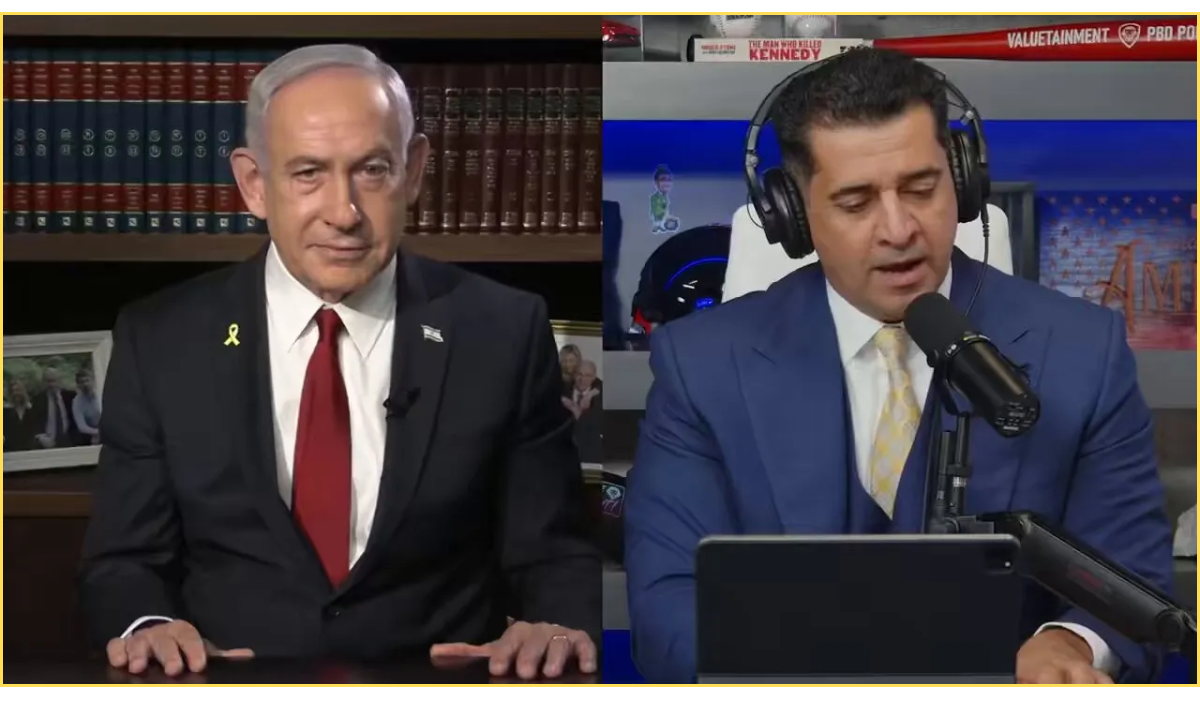
For Armenians and Assyrians, the timing and the tone mattered. Netanyahu, under indictment by the International Criminal Court for atrocities in Gaza, suddenly discovered the moral vocabulary of genocide. Turkey condemned him for “exploiting tragedies,” and the irony is impossible to miss, the man accused of starving and bombing Palestinians now claiming solidarity with Armenians and Assyrians.
empty recognition or real solidarity?
Recognition, for Israel, has always been transactional. For decades, successive governments in Tel Aviv refused to acknowledge the Armenian genocide, not because the history was unclear, but because Turkey was a security partner and Azerbaijan an oil supplier. Geopolitics mattered more than memory. Armenians and Assyrians saw the denial not as hesitation, but as putting power over principle.
On the ground, everyday conditions have told the same harsh story. Armenians in Jerusalem, present for over 1,600 years, describe harassment, hate graffiti like “Death to Arabs and their Armenian Friends,” and pressure from settlers trying to squeeze the Armenian Quarter. Assyrians across the region remember their own genocide (the Seyfo) at the hands of the Ottomans, which Israel has also never formally recognized. While no official has ever bluntly said that only the Holocaust matters, Israeli actions and rhetoric, such as repeated Knesset refusals to recognize the Armenian Genocide, Shimon Peres’s 2001 statement dismissing comparisons, and obviously Israel’s ongoing conduct in Gaza, have left that impression. For Armenians and Assyrians, this sense of a hierarchy of suffering shapes how they view Israeli state policy today.
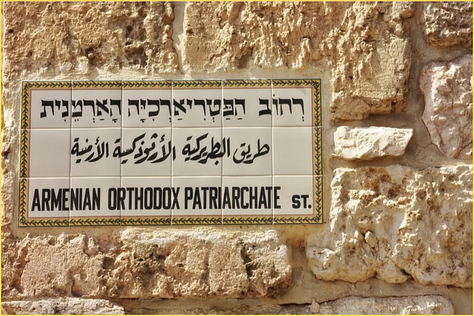
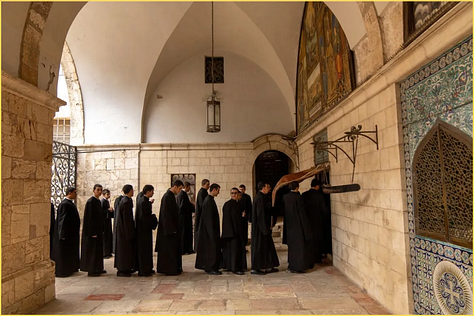
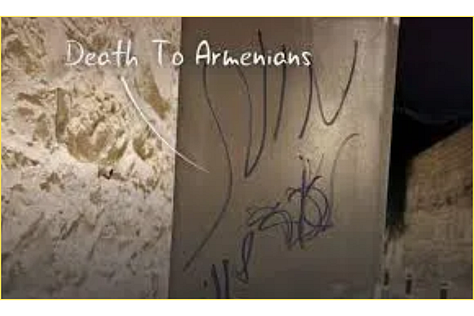
the azerbaijani connection
The deeper story lies in the weapons. From 2016 to 2020, Israel supplied nearly 70% of Azerbaijan’s arsenal (artillery, rocket launchers, advanced drones, Intelligence, training). In return, Israel secured more than 40%-60% of its fossil fuel imports and an operational foothold on Iran’s northern border. These weren’t just distant deals. Israeli drones and spyware appeared on the battlefields of the 2020 and 2023 Nagorno-Karabakh wars, shaping outcomes and weakening Armenian defenses. There are accounts suggesting some of these systems may even have been run with Israeli assistance.
The result was grim, a nine-month blockade starved Nagorno-Karabakh, followed by the mass displacement of its people. During this period, Israel remained silent while continuing to send weapons to Baku. The implication was obvious, Armenia’s security simply did not factor compared to energy and strategic ties.
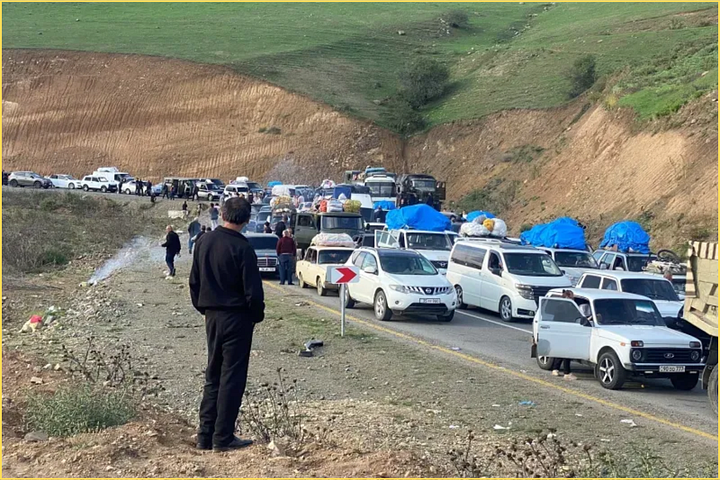
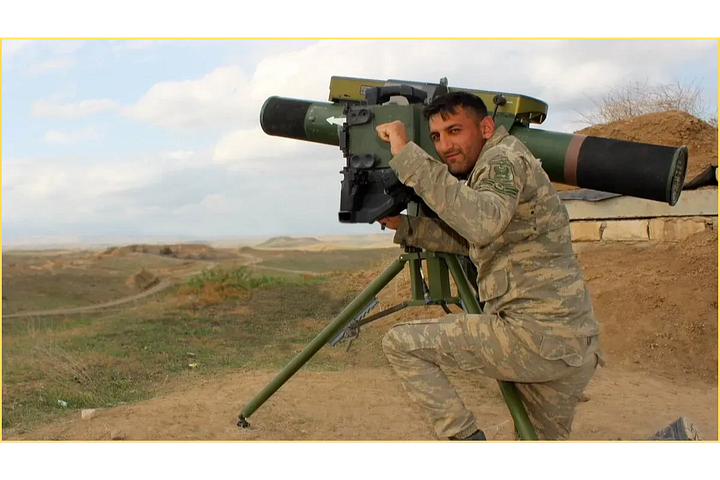
recognition as a weapon
Netanyahu’s “I just did” on a podcast is not solidarity, it is strategy. His words landed at the very moment Israel–Turkey relations are deteriorating fast. For years, both states maintained a hidden partnership, tied together by military coordination, intelligence sharing, and overlapping interests in Syria. Now however, that facade has collapsed. Turkey has twice announced restrictions. First, closing its airspace to Israeli government and military flights, cutting trade, and barring Israeli ships from Turkish ports; (although trade through third countries continued) and then, just yesterday, Foreign Minister Hakan Fidan repeated the measures and condemned Israeli actions in Gaza and Syria.
For a deeper dive into how the Zangezur Corridor fits into all of this, read this full analysis:
Israel, for its part, has doubled down on its alignment with Greece, Cyprus, and Azerbaijan, deepening energy and military ties with all three, while portraying Ankara not as a pragmatic partner but as a strategic foe. Israeli media commentary has even floated the idea of “liberating” Northern Cyprus from Turkish control, a symbolic escalation that underscores how far the relationship has fallen.
For Azerbaijan, this presents a difficult balancing act. Baku depends on its alliance with Turkey for cultural and political backing, while also relying on Israel for weapons, technology, and as a buyer of its oil. Stuck between these poles, Azerbaijan has tried to walk a fine line, hosting quiet diplomacy to ease Israel–Turkey tensions and avoiding overtly choosing sides. Yet as Ankara and Tel Aviv harden into open rivals, the space for Azerbaijan to maneuver narrows and Armenians remain caught in between, exposed to the fallout of regional deals that treat their security as expendable.
Seen through this lens, recognition of the Armenian Genocide becomes a weapon in a regional rivalry. By acknowledging it in front of an Assyrian-Armenian host, Netanyahu drove a dagger into Turkey’s most sensitive historical wound. The move may find applause among some liberal westerners and kooky diaspora audiences, but at this point nobody serious is buying Netanyahu’s performance. It offers nothing tangible to Armenians or Assyrians still living under dispossession, blockades, and erasure.
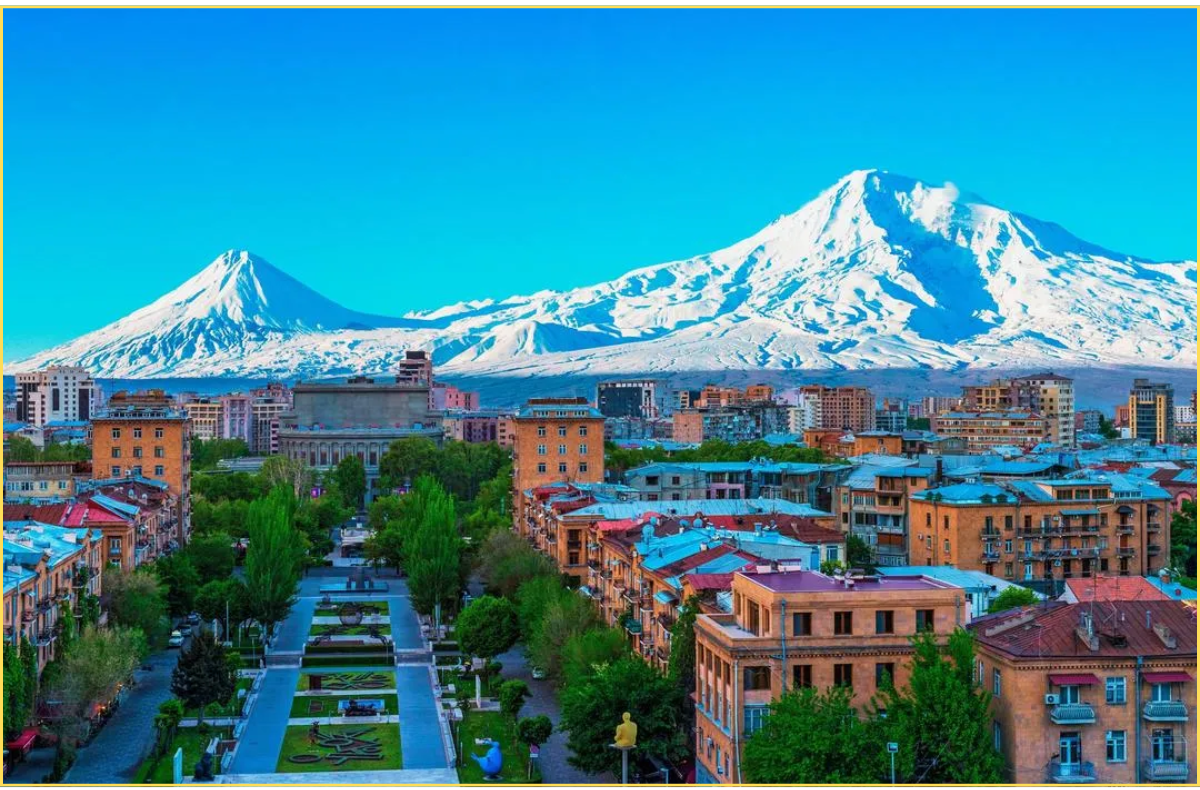
On social media, Armenians and Assyrians point out the same pattern. First came the genocides, denied or ignored for a century. Then came harassment and pressure in Jerusalem. Later came Israel’s arming of Azerbaijan during another wave of ethnic cleansing. And now comes recognition. Which was offered not to heal, but to score points against Turkey.
Israel, a country built out because of the trauma of a supposed genocide, now uses that trauma as a political tool. For Armenians and Assyrians, Netanyahu’s words are no victory, just another reminder that history is being turned into a political weapon. In the ruthless logic of state power, even the dead are conscripted as bargaining chips and recognition without justice is no recognition at all.



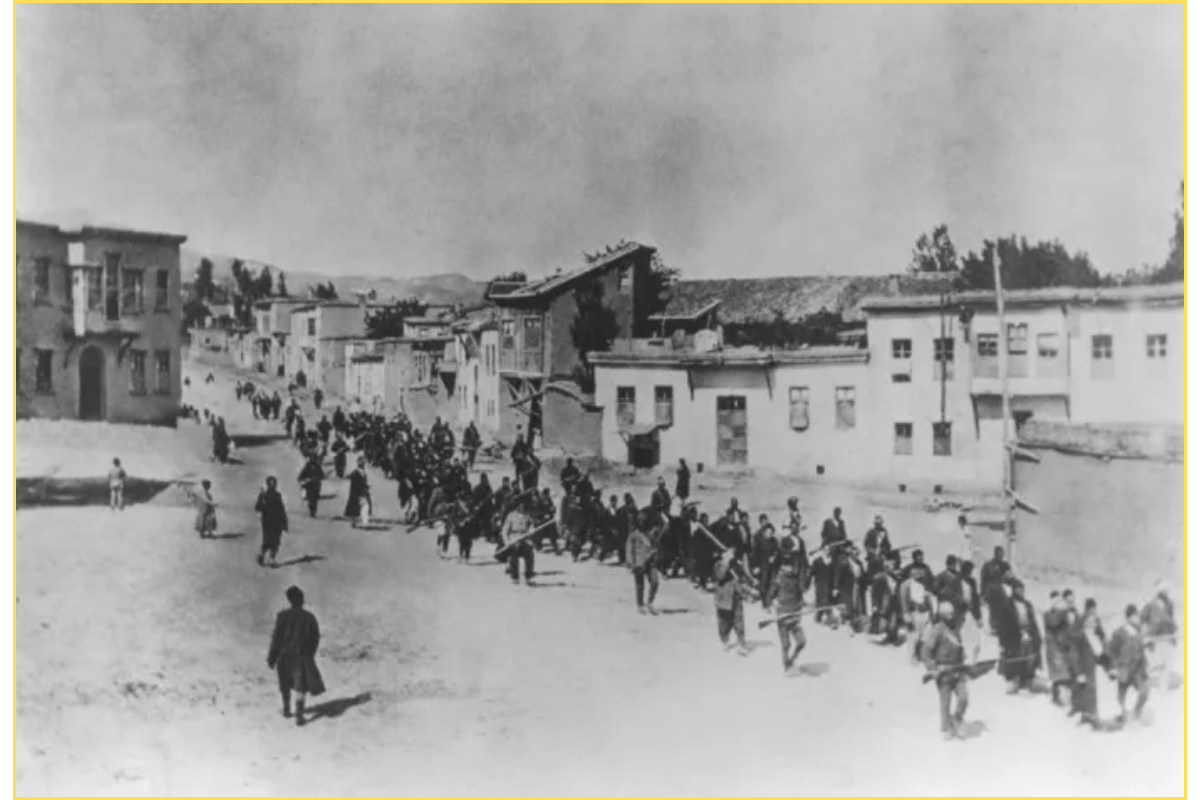
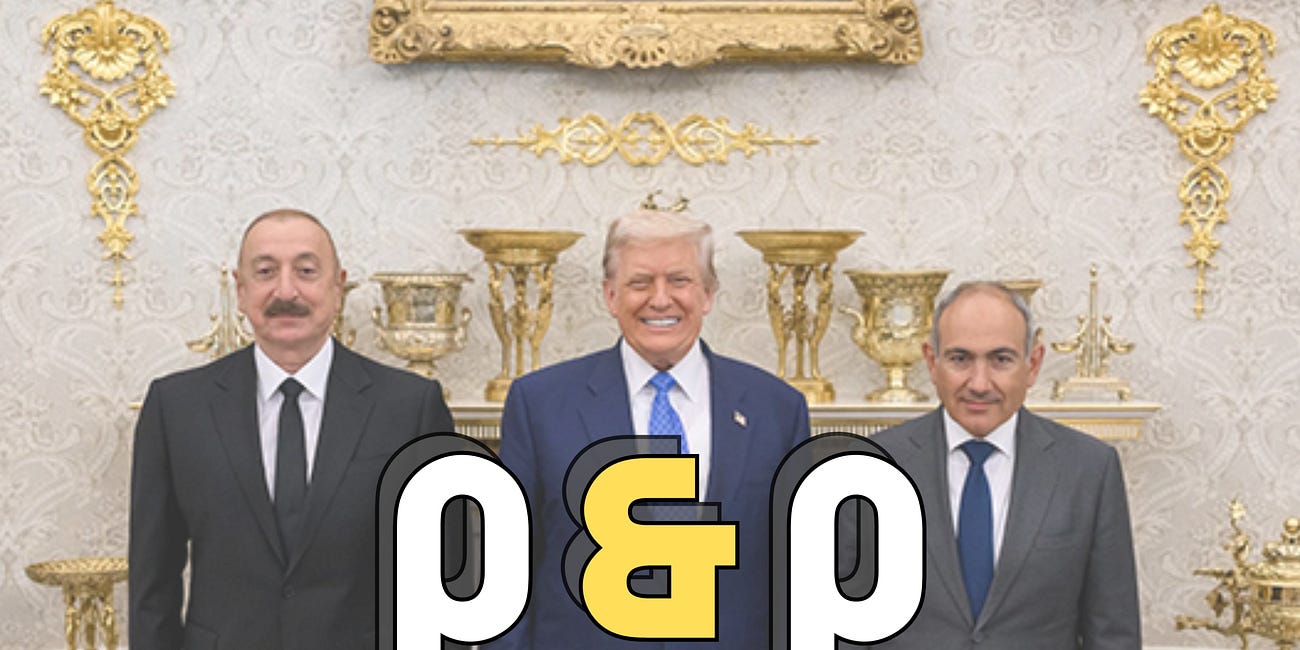
This was a fantastically written piece, and I'm really glad I just found you, but I have one question - when you say "Israel, a country built out because of the trauma of a supposed genocide", are you questioning the Holocaust happening, or referring to some other event in history?
I would love to subscribe and spend some time reading your other work, but to be honest, I'd like to clarify this first. I hope you understand.